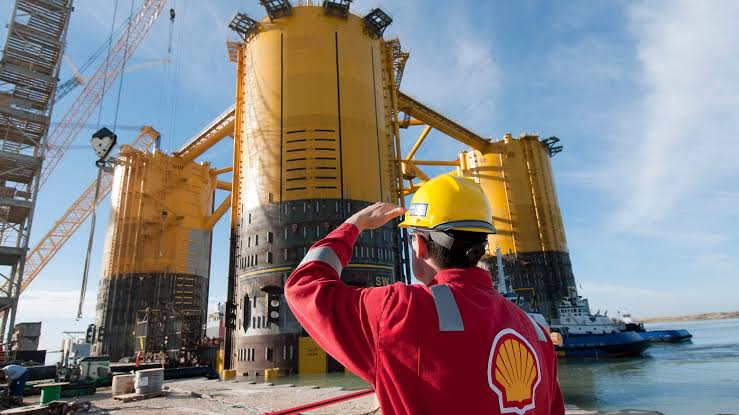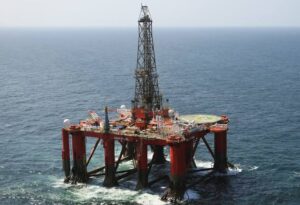British oil giant Shell is set to stand trial in London over decades-old oil spills in Nigeria’s Niger Delta, after the UK High Court ruled in June that it could be held liable for environmental damage caused by its former operations in the region. The case, brought by two affected Nigerian communities, is scheduled for trial in 2027.
The communities accuse Shell and its former Nigerian subsidiary of allowing severe and ongoing oil pollution that has harmed health, destroyed livelihoods, and devastated ecosystems. They are demanding compensation and full clean-up of the affected areas.
Shell has denied liability, arguing that most of the spills were the result of sabotage or illegal oil refining by third parties, and that many of the incidents are too old to be legally pursued. However, the court ruled that Shell could still be sued over any oil spills that haven’t been adequately cleaned up, regardless of when they occurred.
Experts say this ruling reflects a growing international shift toward holding corporations accountable for environmental and human rights abuses tied to their global operations, even those that occurred years ago.
“This case highlights the enduring responsibility businesses carry for past environmental damage,” said Damilola Olawuyi, a UN expert on business and human rights. “We’re seeing courts increasingly recognize that pollution, even if historic, has real and ongoing impacts on communities.”
Legal observers point to a global wave of climate and environmental litigation targeting multinational companies. Lucy Blake, a human rights partner at Jenner & Block, noted that stricter corporate transparency laws in the EU are reinforcing the need for companies to police their supply chains and partners.
The judge’s recognition that oil pollution could, under certain conditions, violate the right to life was also a significant moment. Anaïs Tobalagba of Global Rights Compliance said the decision aligns with emerging global jurisprudence and the UN’s business and human rights principles.
Babatunde Ajibade, a Nigerian legal expert who testified in the proceedings, said many Nigerians believe oil companies uphold higher standards in other countries than they do in Nigeria. He praised the communities for their persistence, noting that the case has dragged on for over ten years.
Environmental law scholar Olawuyi believes the ruling could inspire other communities across Nigeria—and beyond—to bring similar lawsuits over legacy pollution. “The impact of this decision could stretch across Africa and other regions where businesses have left environmental destruction in their wake,” he said.
Shell insists it is not responsible for criminal sabotage and says it has supported clean-up efforts in the region. The company no longer owns the subsidiary that operated the pipelines involved.
The upcoming trial will now test the limits of corporate accountability for historic environmental harm—and could set a powerful precedent for future cases.











